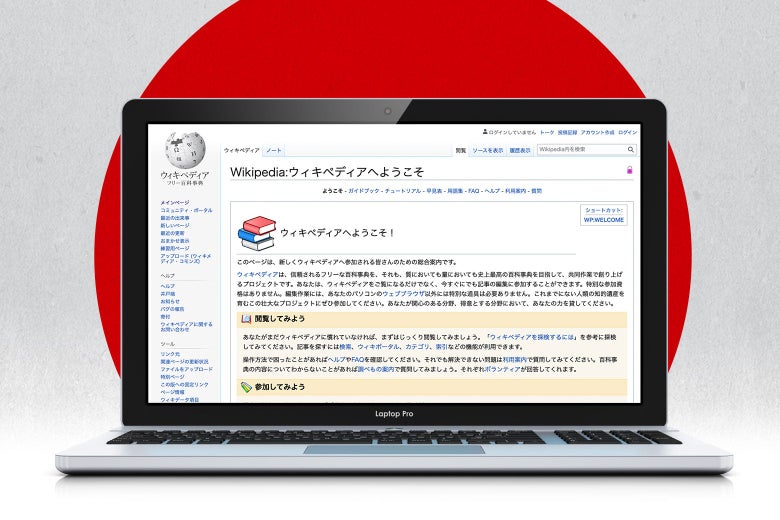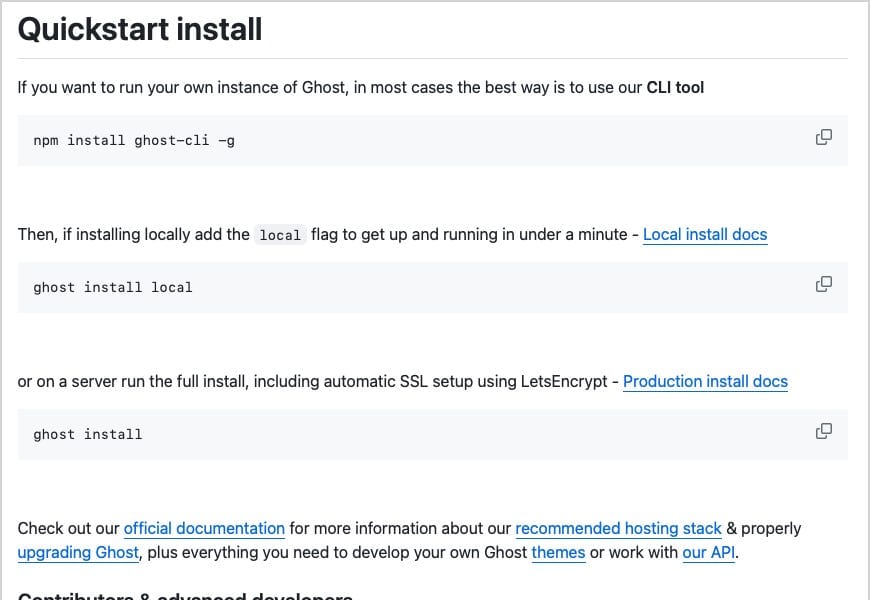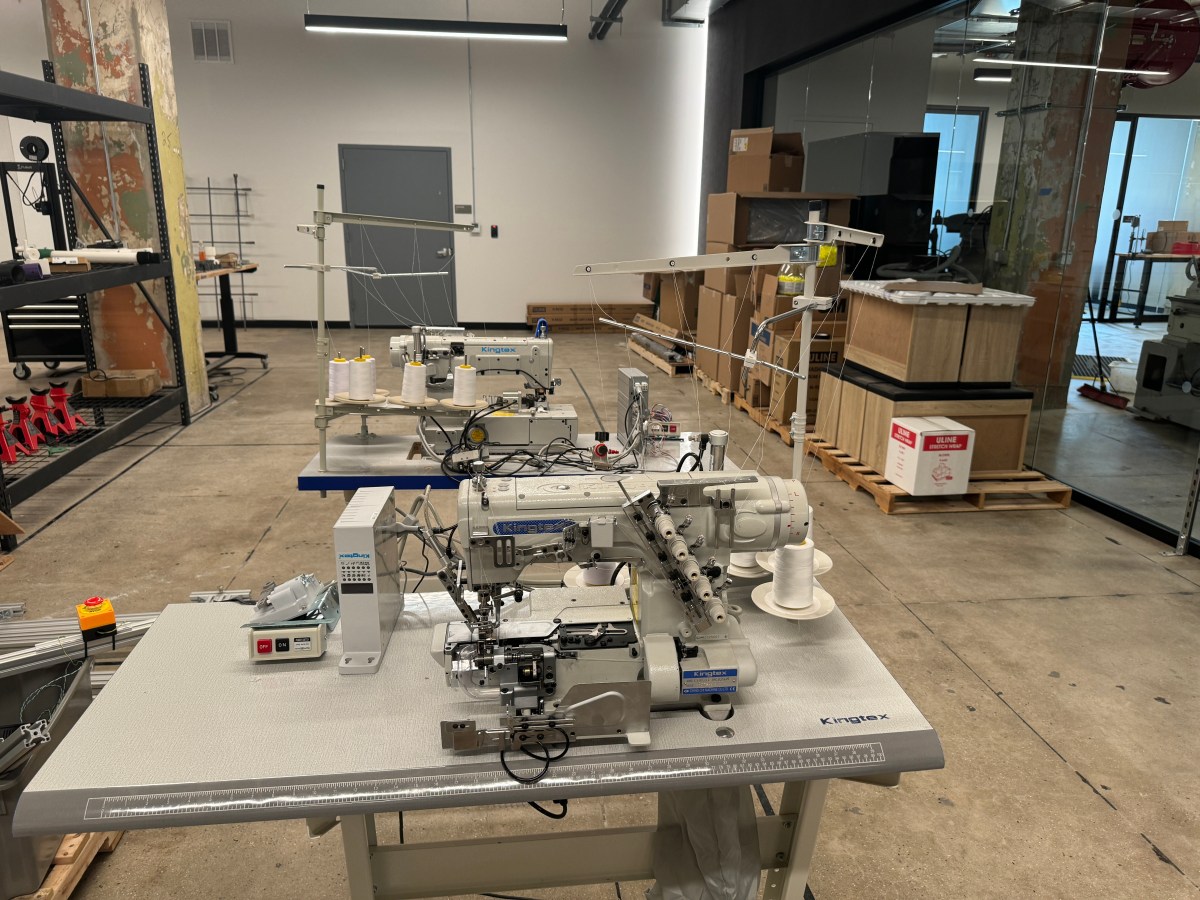
Non-English Editions of Wikipedia Have a Misinformation Problem
This article is part of the Free Speech Project, a collaboration between Future Tense and the Tech, Law, & Security Program at American University Washington College of Law that examines the ways technology is influencing how we think about speech.
During World War II, Unit 731 of the Japanese military undertook horrific medical experimentation in Manchukuo (Northeast China). Among other things, members of Unit 731 intentionally infected people with the plague as part of an effort to develop bioweapons. The unit’s crimes have been well documented.
But if you read the Japanese Wikipedia page on Unit 731 in January, you wouldn’t get the full story. The article said that it is “a theory” that human experiments actually took place. It was just one example of the whitewashing of war crimes on Japanese Wikipedia, as I discovered when I was researching the war.
Around the same time, Wikipedia celebrated its 20th birthday and received praise in the U.S. and U.K. media for the accuracy of its articles. But the coverage focused on the English version, even though Wikipedia is just as influential in other languages. Japanese Wikipedia is the most visited edition of Wikipedia after English. On average it receives 1 billion page views per month. Japanese Wikipedia pages are consistently the top result on most search engines. But Japanese Wikipedia is not an outlier—there is a wider misinformation and disinformation problem on non-English editions of Wikipedia.





















